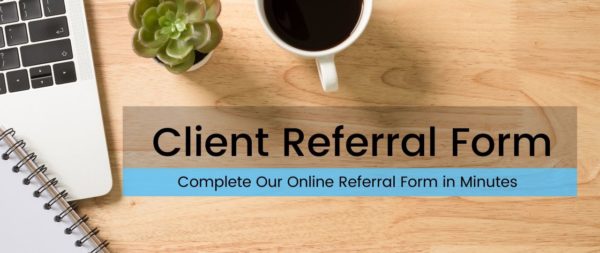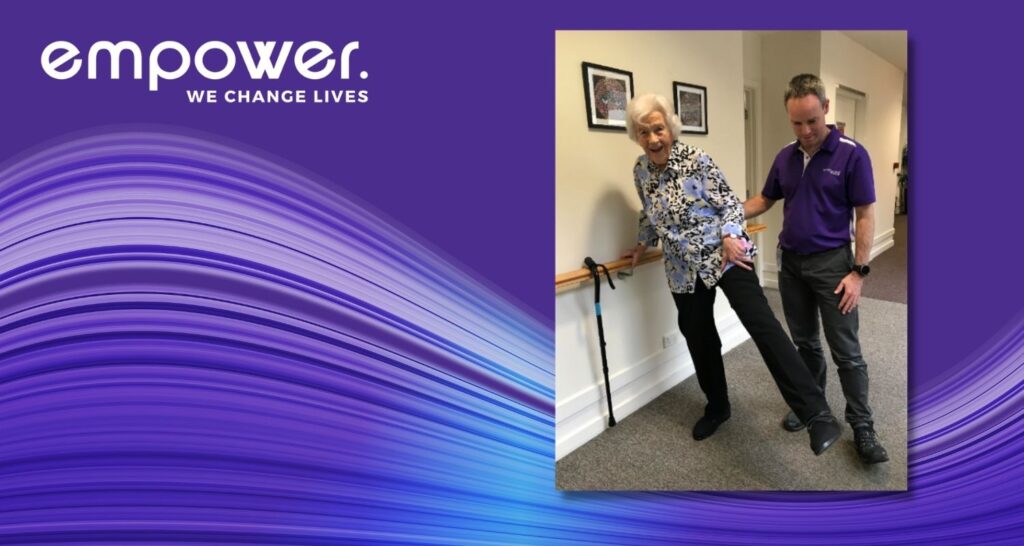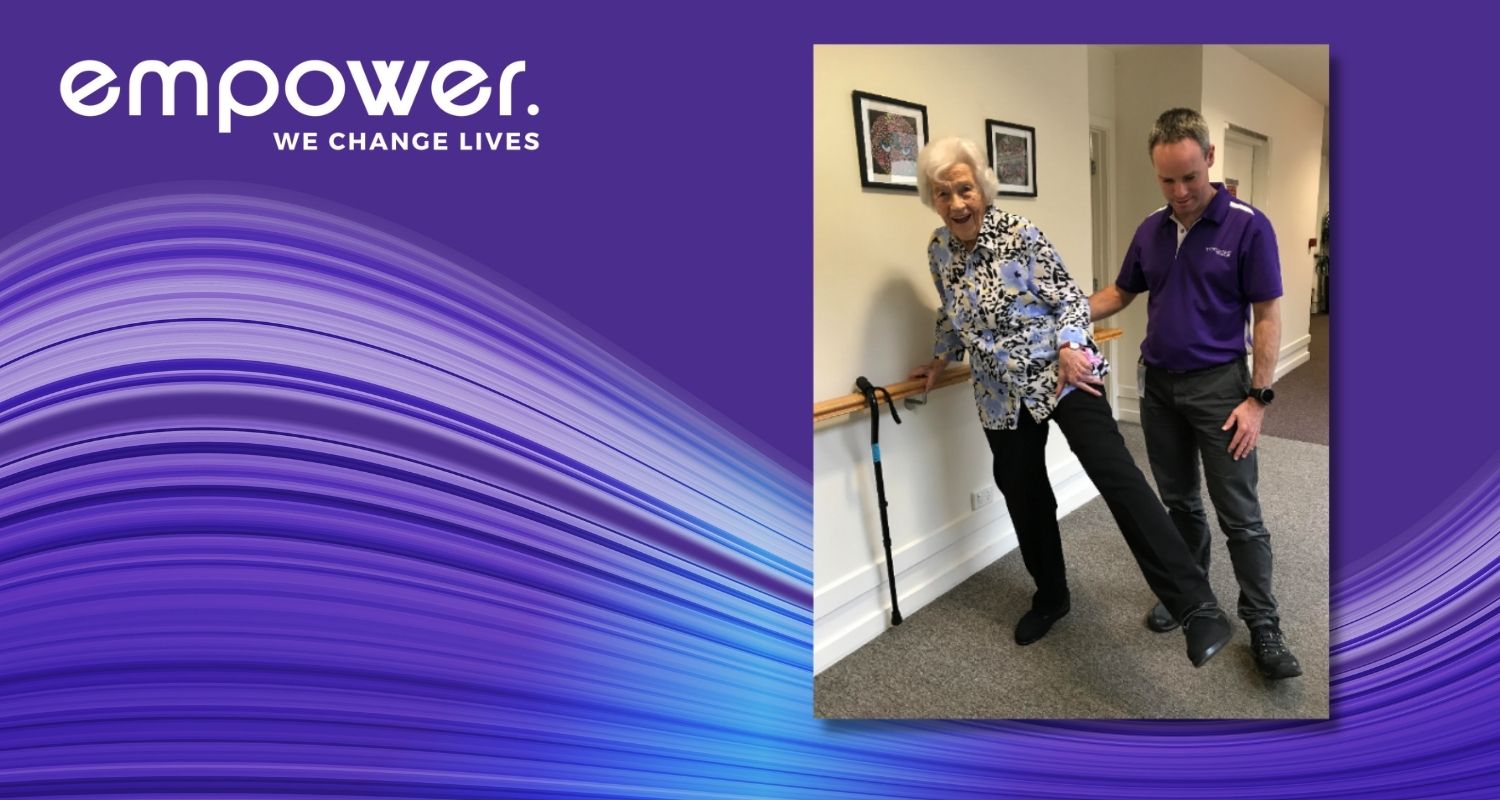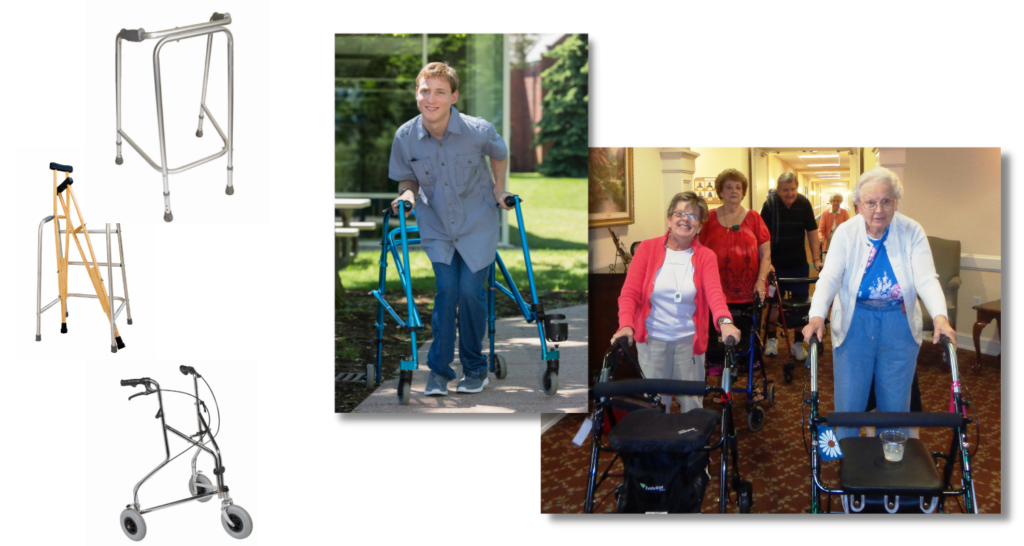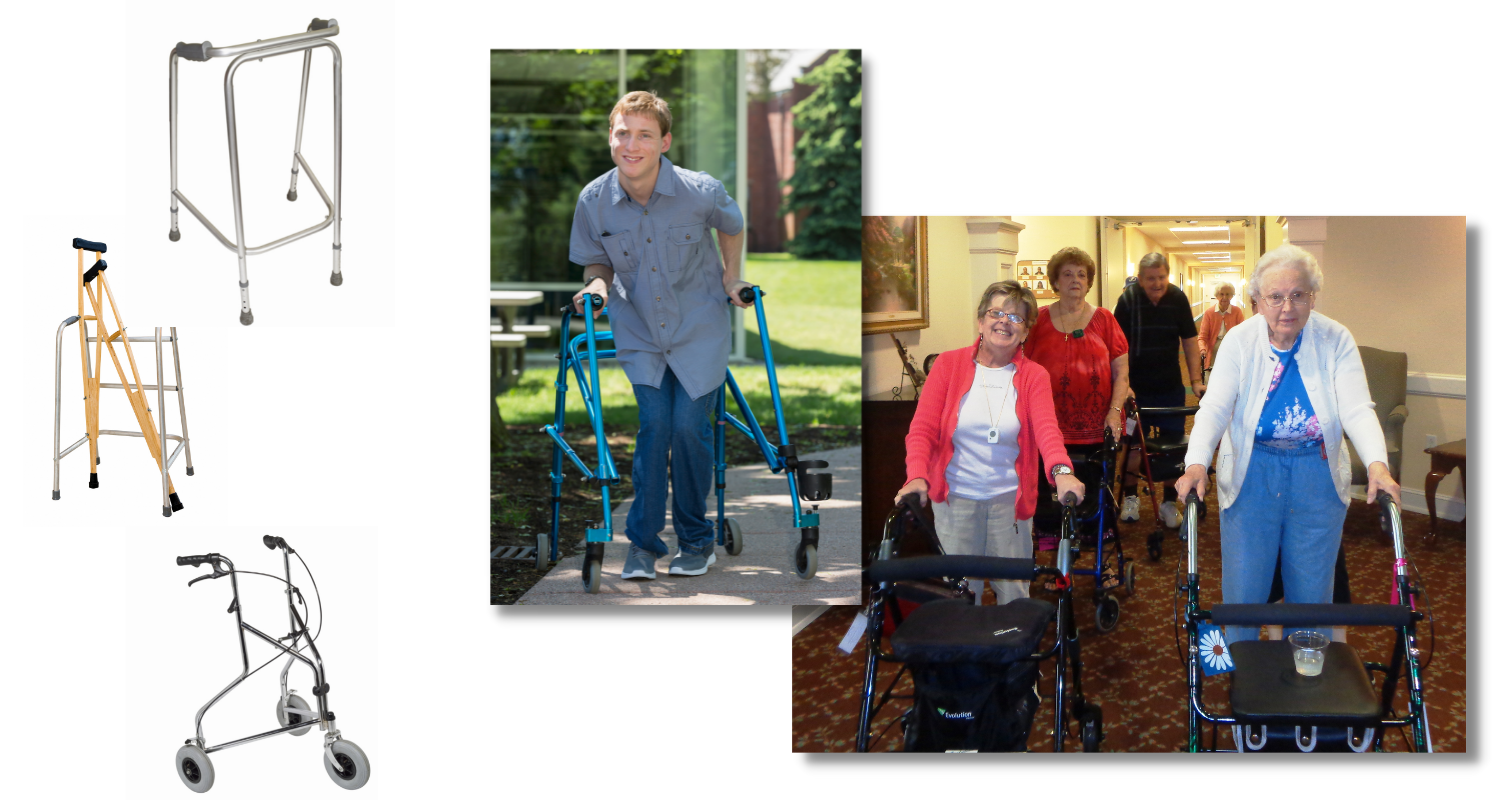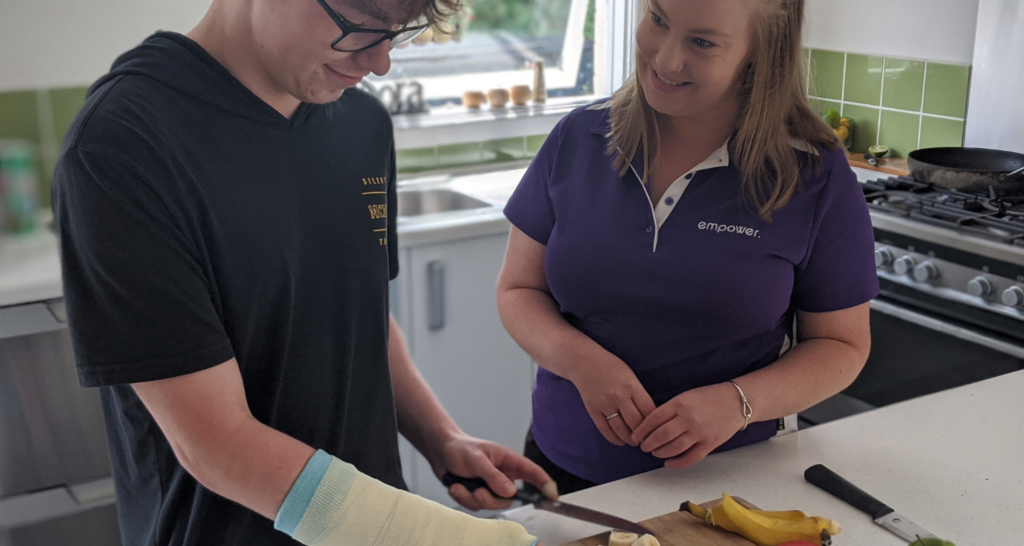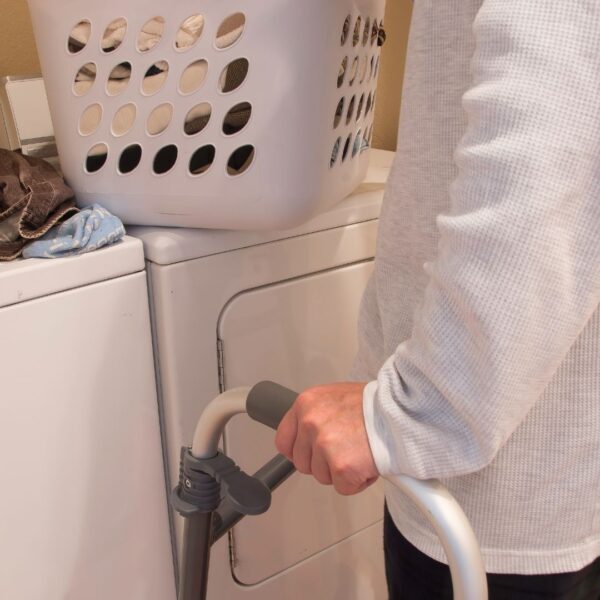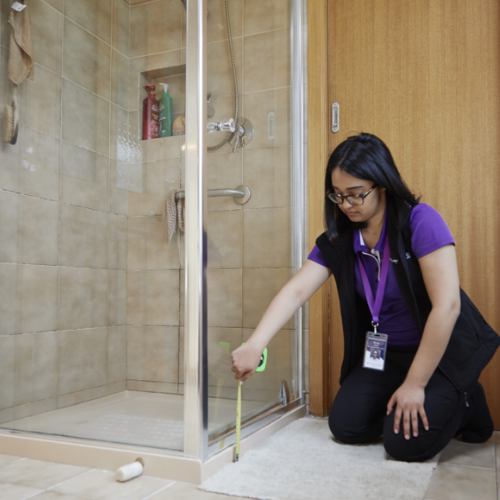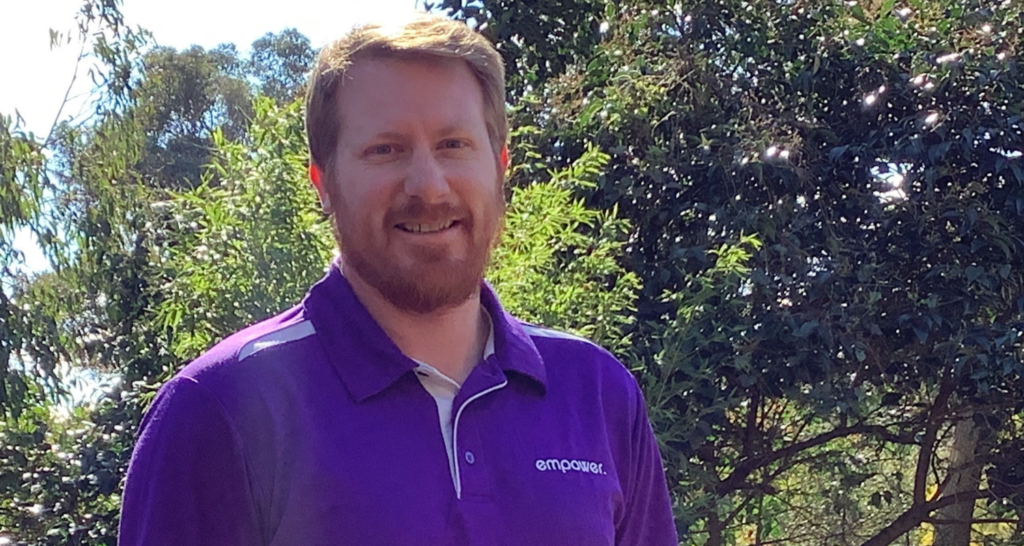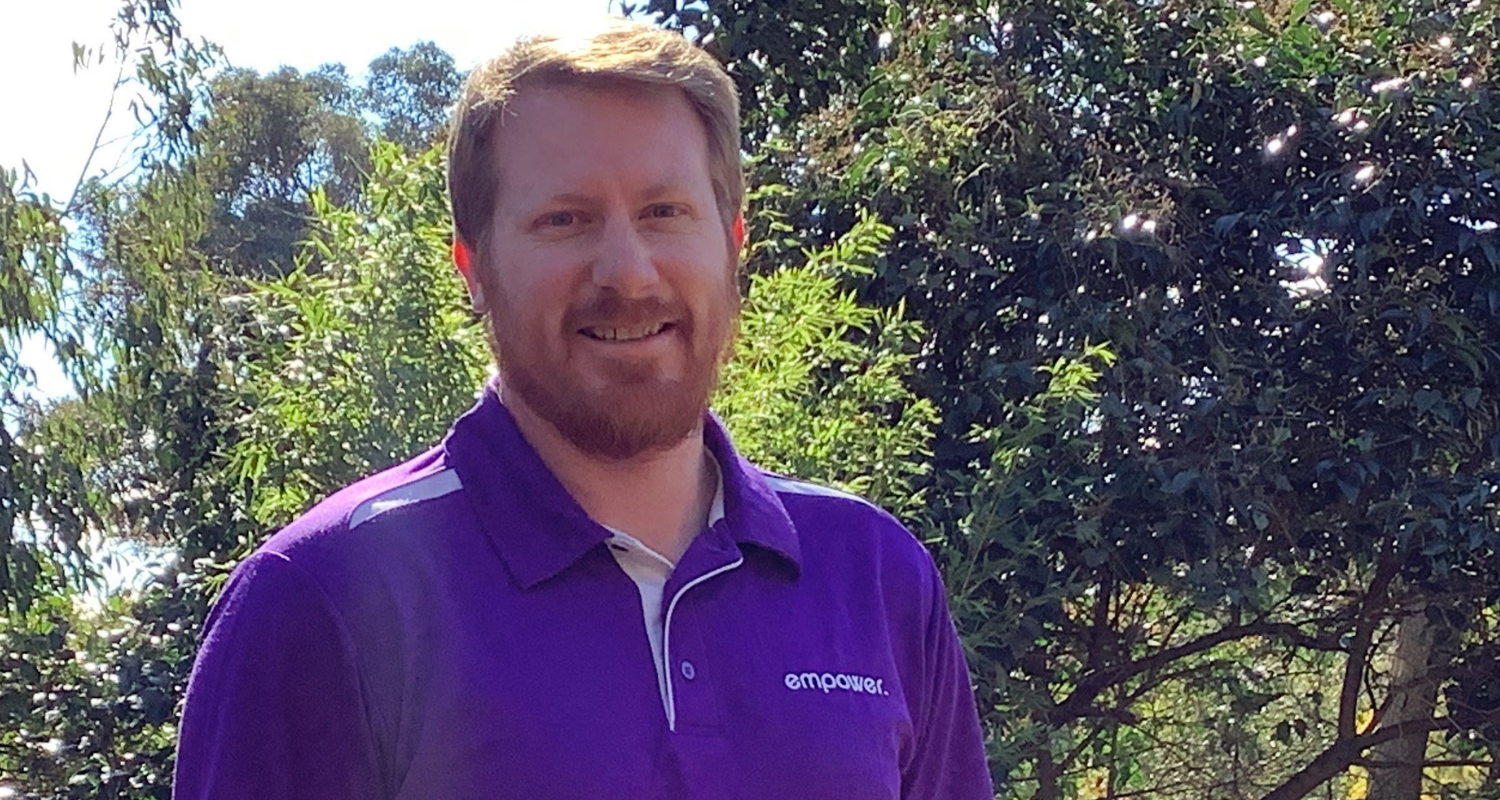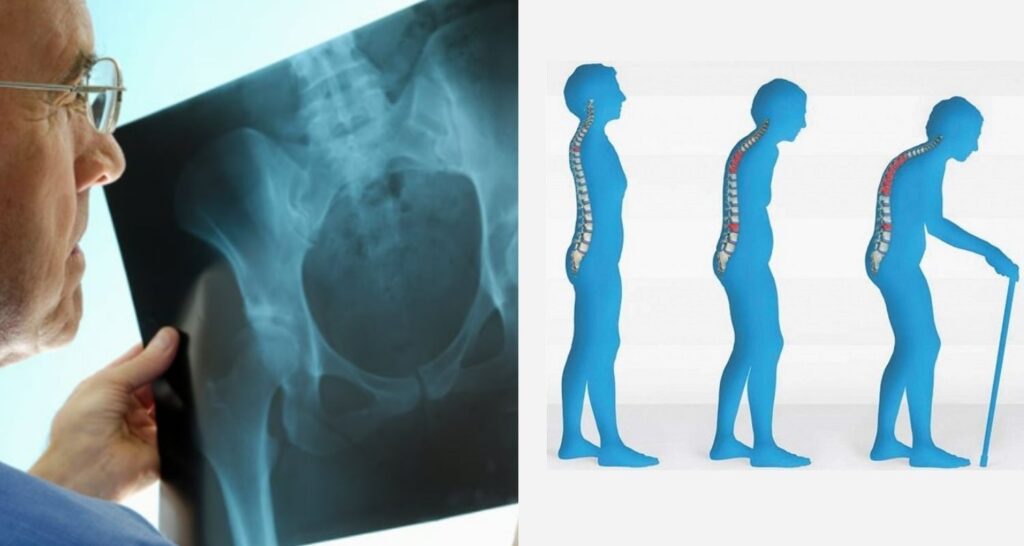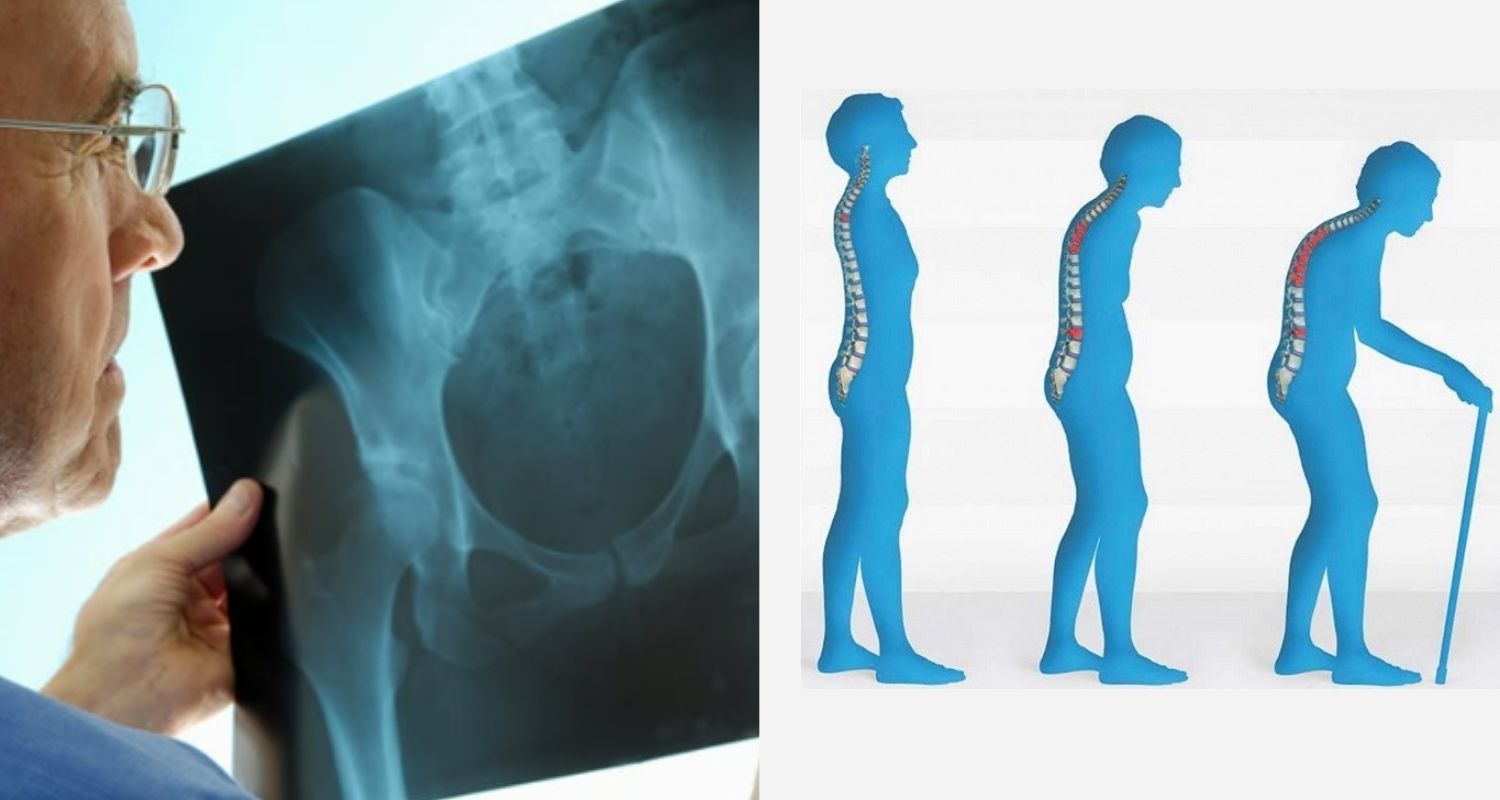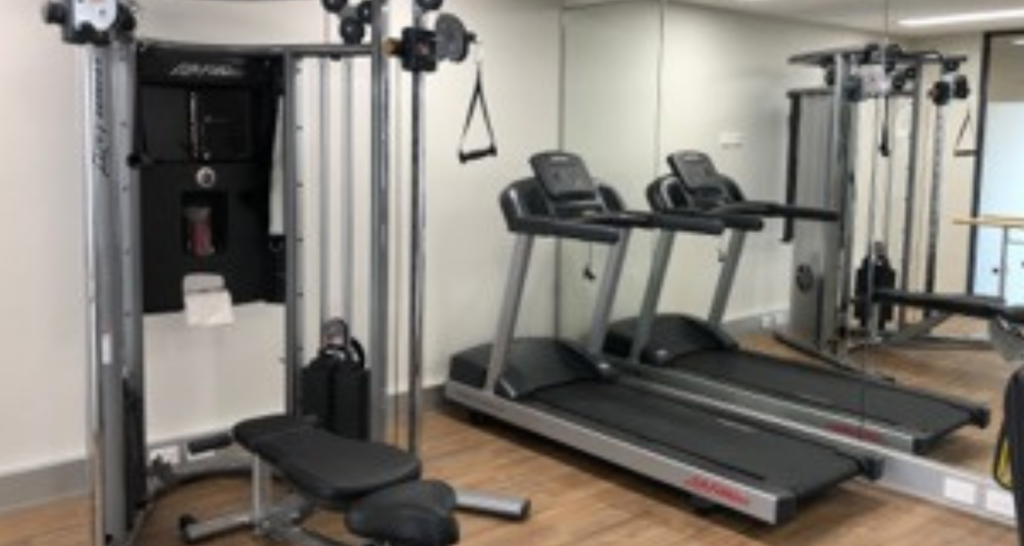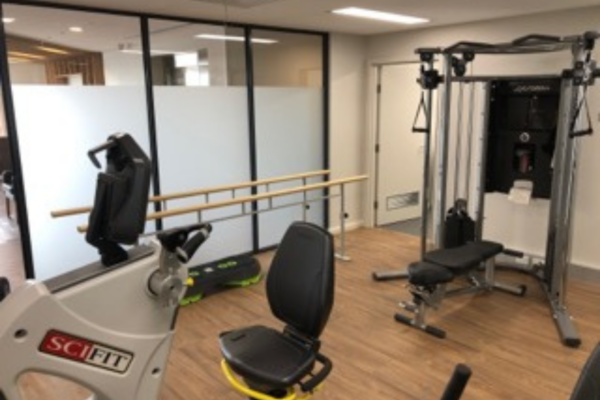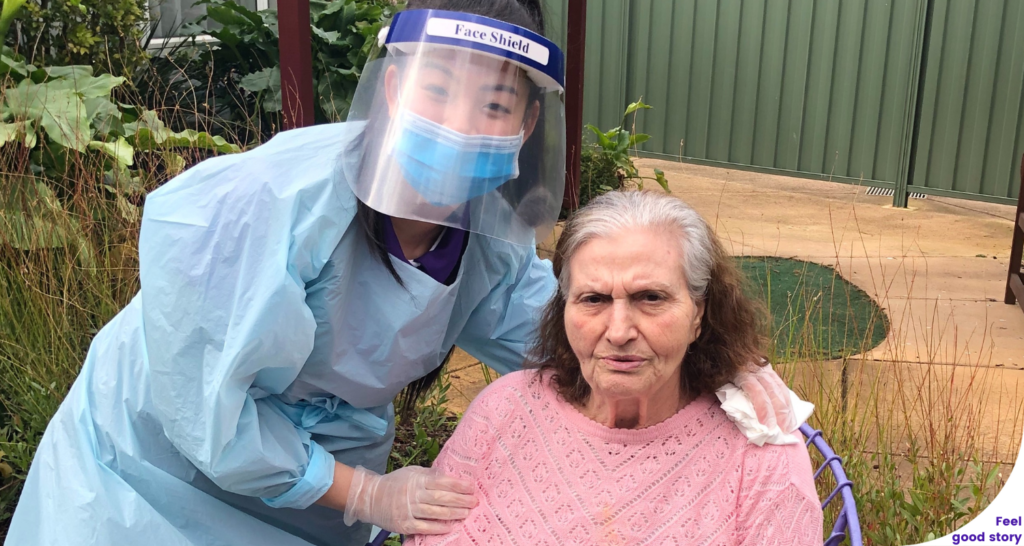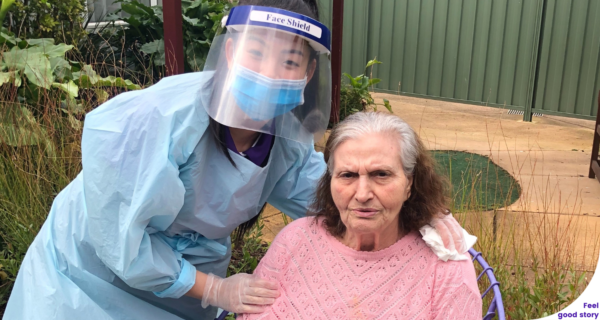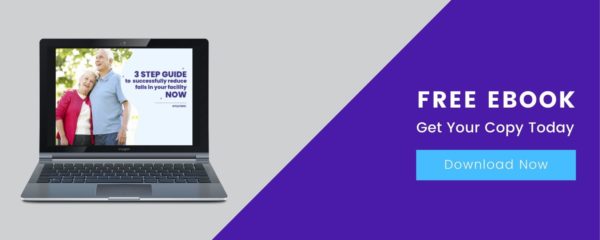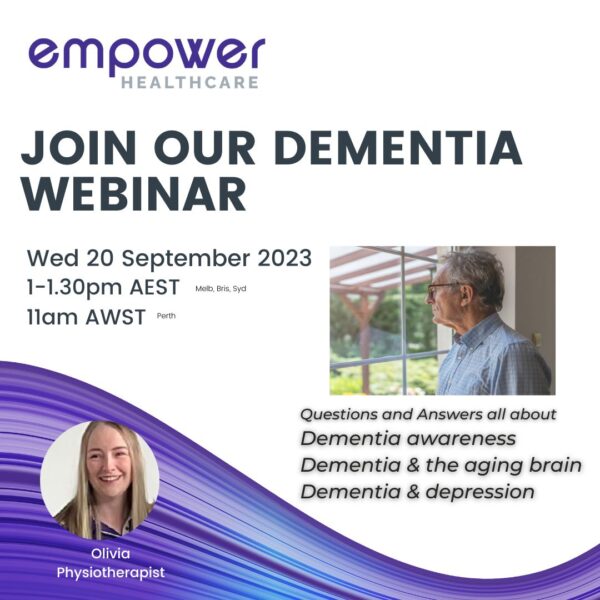Living at home longer…and better. How Physiotherapy can help your clients live as independently and actively as possible.
More Australians are opting to stay in their homes in later life, needing the support of Home Care packages to assist them to live in the place most familiar to them.
The Royal Commission into Aged Care found that Australians of all ages want to be assisted to live independently in their own home during their retirement years rather than having to go to an aged care facility. In fact, only 25% of older people would prefer to live in a facility should they need care.
only 25% of older people would prefer to live in a facility should they need care
So why do older people move into residential facilities?
Moving into a residential aged care (RAC) facility is often a complicated and an emotive decision that usually has more than one deciding factor. However, studies indicate that there are some common reasons that result in a move into residential facilities.
• History of a recent fall
• Recent hospitalisation for illness
• Dependence on others for activities of daily living
• Cognitive impairment
• Age older than 85
• Bereavement and loneliness
• Malnutrition
• Polypharmacy
How can Physio help your clients live independently for longer?
Physiotherapists assess and directly manage some of the risk factors that would otherwise result in people being admitted to RAC facilities. Using evidence backed interventions, physios can improve the function, safety and quality of life of clients who want to stay at home by providing:
• Falls Prevention programs and strategies
• Education for clients and care givers
• Risk reduction
• Functional exercise therapy
• Walking programs
• Rehabilitation after injury and hospitilasation
• Mobility aid prescription
• Referral to other health care clinicians when necessary.
There are less obvious ways that high-quality physiotherapy helps mitigate the causes of loss of independence at home, like:
• Exercise improves appetite (and reduces constipation)
• Activity can improve cognition
• Addressing the causes of pain means less reliance on pain medication
• Functional exercise therapy can directly target and improve ADL performance
• Care giver and family education and support
• Reducing the incidence of back pain for caregivers through demonstrating good manual handling techniques.
• Improving confidence to participate in social activities
Who else can help?
- Occupational Therapists for home adaptions, assistive device prescription and functional therapeutic interventions.
- Podiatrists for foot care and shoe fittings and recommendations, both of which are vital for safe mobility.
- Nurses ensure good medication management, wound care and health monitoring.
- Dieticians preventing and managing malnutrition in older people.
- Massage therapists assist with pain management and therapeutic touch.
- Allied Health assistants provide cost-effective care, supported by clinicians.
- Osteopaths work with clients to manage pain and injury to holistically improve the health and vitality of older people at home.
Evidence shows that home and community-based Physiotherapy led exercise programs improve function in older adults living in the community, including those with cognitive impairment.
The best home based Physiotherapy places the needs and goals of the client at the core. With holistic, functional interventions that enable our clients to maximise well-being, safety and vitality while living life on their own terms.
Simply click on the image below for our referral form.
…



